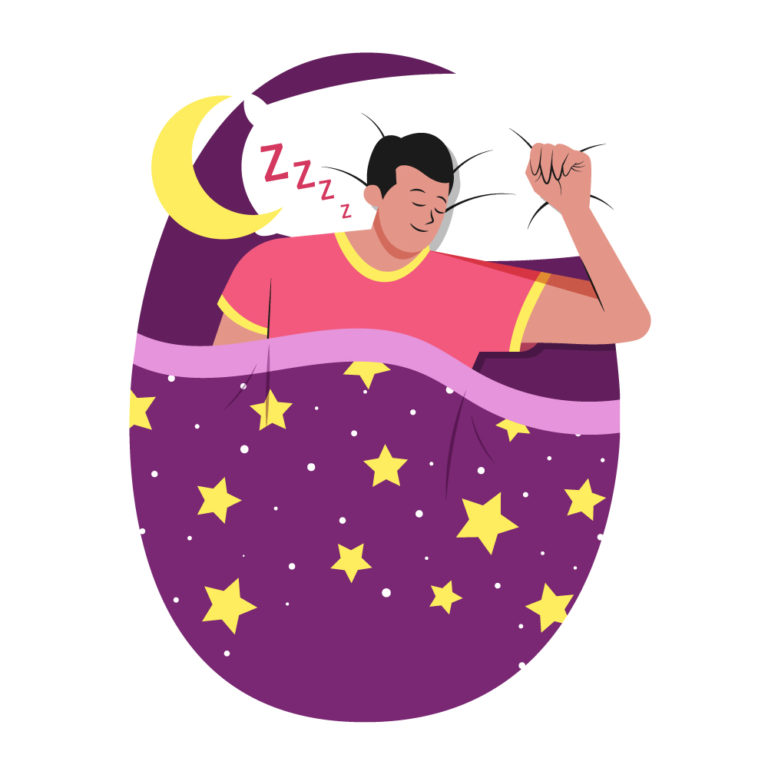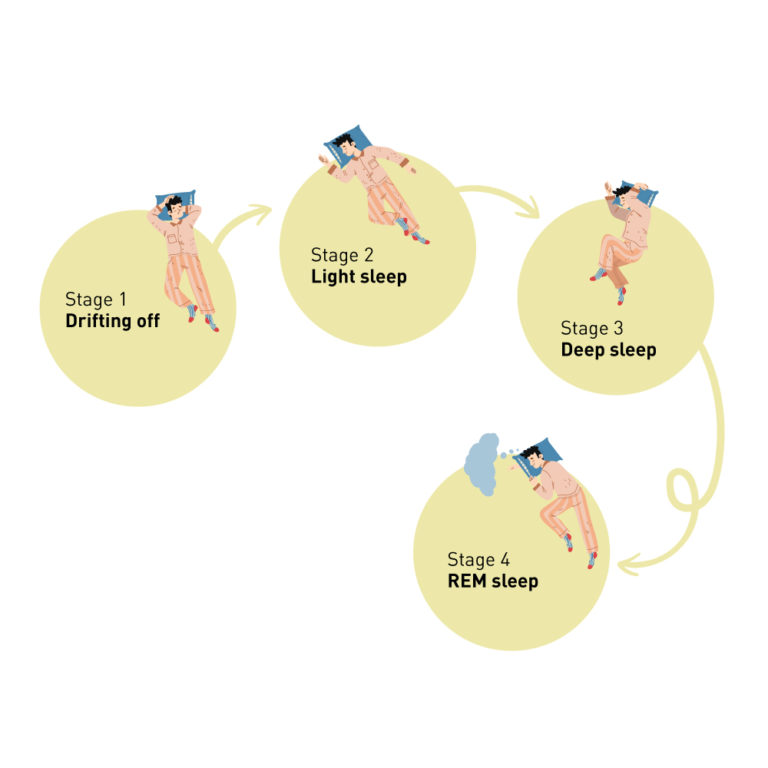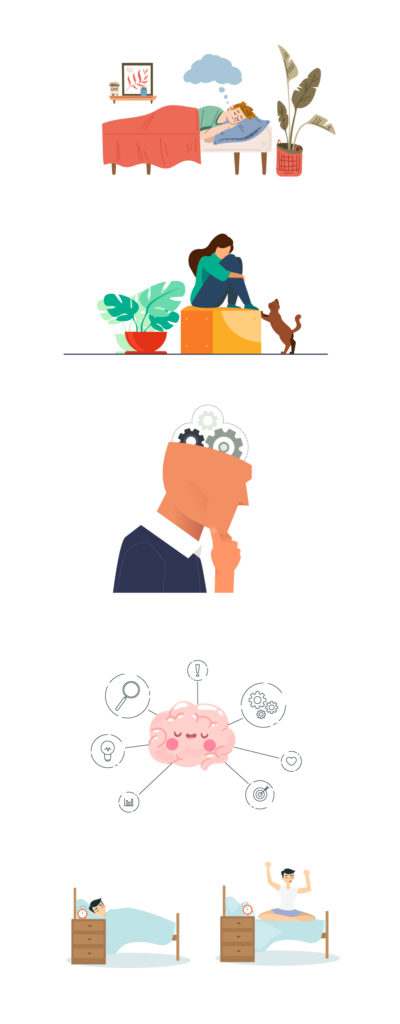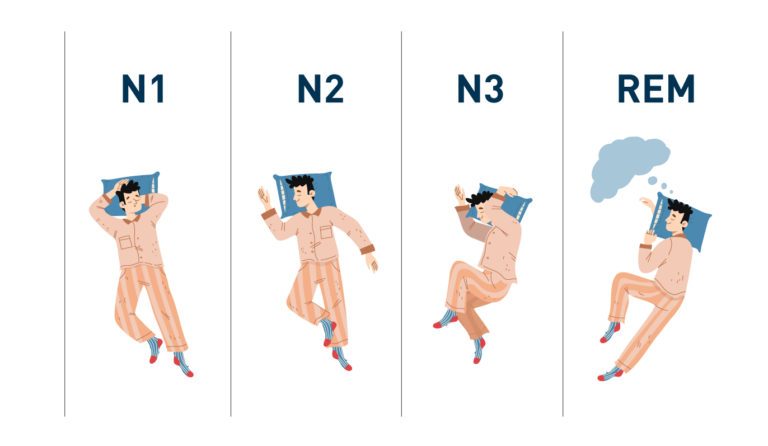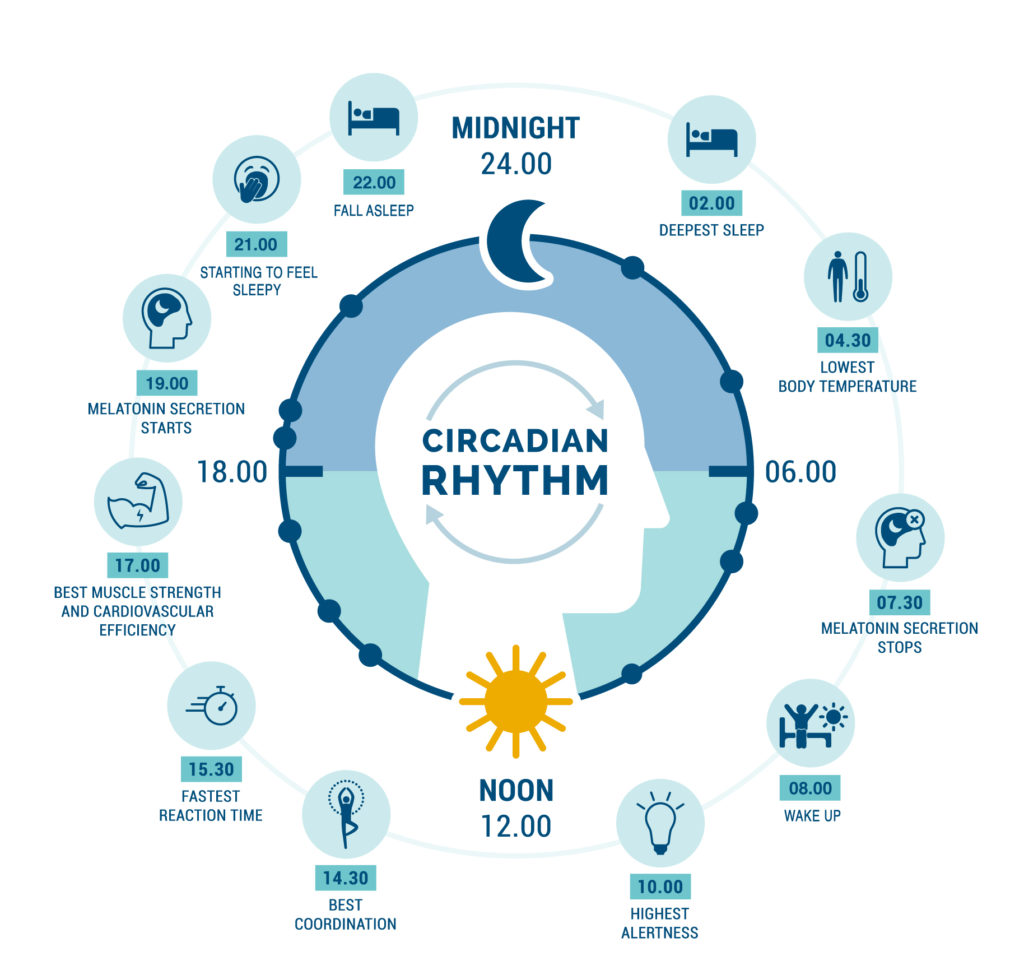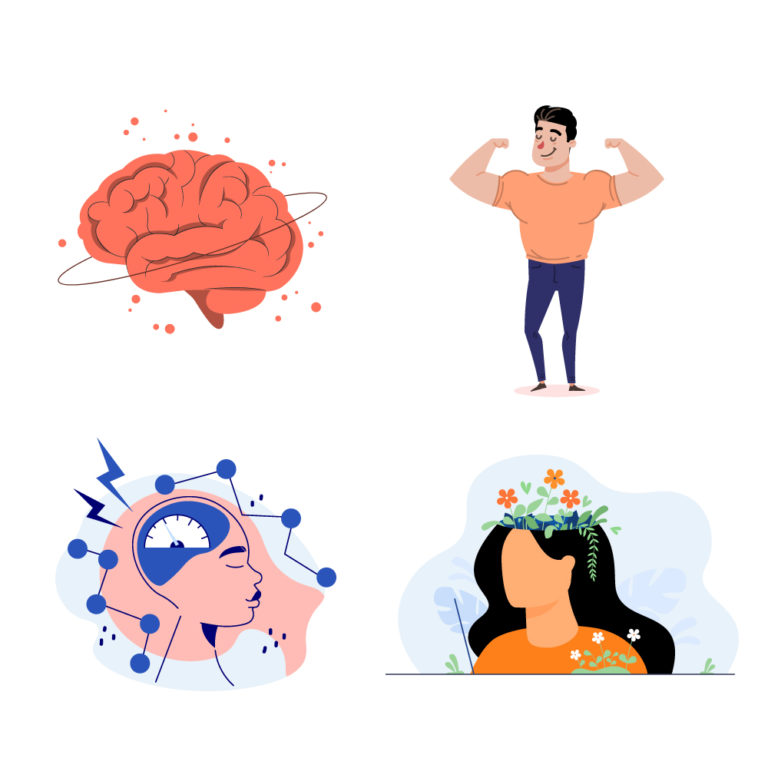Going to Bed Hungry. Is it Okay or Not?
It’s okay as long as you have consumed enough nutrition and vitamins throughout the day.
Feeling the hunger pangs before hitting the bed happens under many circumstances. Some by choice, the others not.
Reasons you Get Hungry Before Bed
Having irregular eating schedules can make you hungry close to bed. For instance, having a heavy lunch and skipping dinner and vice versa. Generally, it’s advised to have three main meals along with snacks in between. Sometimes, even your healthiest schedules can make you hungry.
Then, if you’re cutting calories, following a restrictive diet or intermittent fasting, late night hunger is a common occurrence. Especially, if boundaries aren’t met in these different forms of diet.
Next, being tired all the time can trigger a hormone called ghrelin, which spikes up your food cravings. In addition to that, not getting enough sleep also leads to the triggering of a hormone called leptin. This can keep you hungry even after having a good meal.
Note: Besides the above, malnutrition/undernutrition is also a reason to get hungry before sleep. This happens when you have no or less access to satiating food and consume less than 1800 calories a day. Aside from troubles with late night hunger and sleep, lack of nutrition can completely sabotage one’s physical and mental health. If you come across anyone having difficulties relating to this, help them out and direct them to a charity/non-profit organisation in your town.
Side Effects of Going to Sleep Hungry
Sleeping is a peaceful activity so if you’re choosing to go to bed hungry and dissatisfied, it can be discomforting. This is mainly true if you are not preparing for a good dinner early at night. Here are a few side effects of skipping meals before bed.
- Losing sleep: You won’t be able to sleep well, therefore, you are tired and the next day, your cravings skyrocket, you’re not eating well, and the cycle continues.
- Gaining weight: If you think starving is the way to lose your weight, it’s incorrect. Depriving yourself of food all day can make you very hungry at night and you can end up eating a lot more before heading to bed. Aside from that, late night eating can make your blood sugar rise up and lead to weight gain and other health concerns.
- Losing muscle and shape: No matter how hard you workout to build strength and tone your body. If your nutrition game isn’t good enough, it will all come crashing down. Not giving your body enough protein and other necessary nutrients a couple of hours before sleep can be detrimental, especially in the long term. Why? At night, your body won’t have enough protein to convert to muscle, therefore, it will break down the existing muscles for energy.
- Feeling weak: Your body is consuming a lot of energy around the clock. So, heading to bed hungry after a not-so-healthy meal isn’t going to work in your favour. Your body consumes energy even when you’re asleep therefore what you eat today will affect your energy level tomorrow.
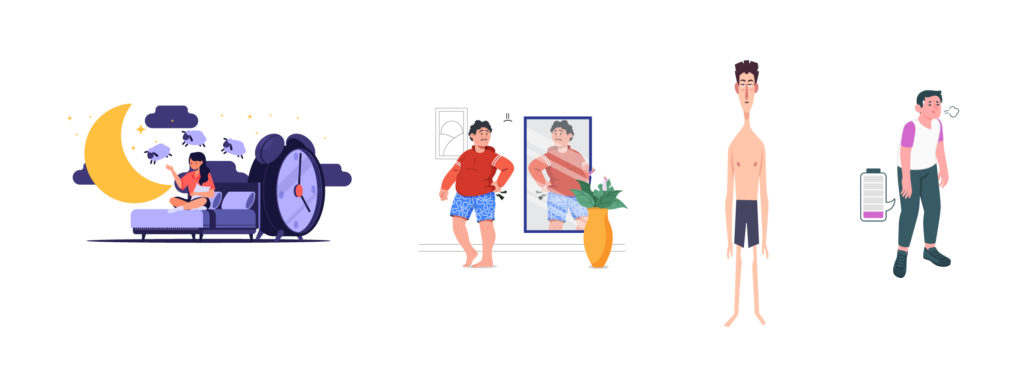
Should You Eat If You're Hungry before Bed?
It’s okay to choose to sleep over food IF you’ve eaten well throughout the day and feel a little bit hungry very close to bed. Your metabolism slows down and prepares for sleep around your regular bedtime so go with the flow and have a good night’s sleep. Also, having a meal right before sleeping can lead to indigestion, more calorie intake, and sleep-related problems.
If you had an off day where you couldn’t eat on time, have your dinner, go for a walk and head to bed at least after 2 hours. Ideally, there should be a 3-hour gap between your dinner and bedtime.
However, if you are about to sleep and hungry growling noises have started, it’s best not to sleep with discomfort. There are several healthy snacks that you can consume before bed and not have any issues with your sleep, stomach, and metabolism.
What to Eat Before Sleeping?
Foods with amino acids: Eggs, chicken, fish, turkey, nuts
Whole grain foods: Crackers, cereal, bread
Aside from the above, kiwi, banana (with almond butter), protein smoothies, pumpkin seeds, yoghourt and green soybeans are great late-snacks!

What Foods to Avoid Before Sleeping?
Anything that is fried, greasy, spicy and sugar should be avoided.
IMPORTANT: If you are following a healthy diet and eating pattern and still feeling very hungry close to bed on the regular, talk to a doctor. It could be related to your health, lifestyle or even any medications you consume. Via oDoc, this consultation can take place efficiently from the comfort of your home. Our network of highly-credible doctors and healthcare professionals are trained to assist you brilliantly that you wouldn’t even realise it’s a virtual appointment. Download the oDoc app here:
Sources
- Healthline
- Cleveland Clinic
Similar Articles...

Let’s talk flu, its prevention and home remedies.
Boo-ger season is here! Let’s begin by defining flu (short term for influenza) because it’s usually misunderstood as fever or cold. Flu is a common

Menopause Brain Fog is real: A Simple Guide with Symptoms and Treatment
Menopause Brain Fog is real: A Simple Guide with Symptoms and Treatment Women in their 40s and 50s who are just entering the end of

How to Keep Work Stress from Taking Over Your Life
How to Keep Work Stress from Taking Over Your Life In today’s fast-paced and competitive world, work stress has become an all-too-common problem that affects


